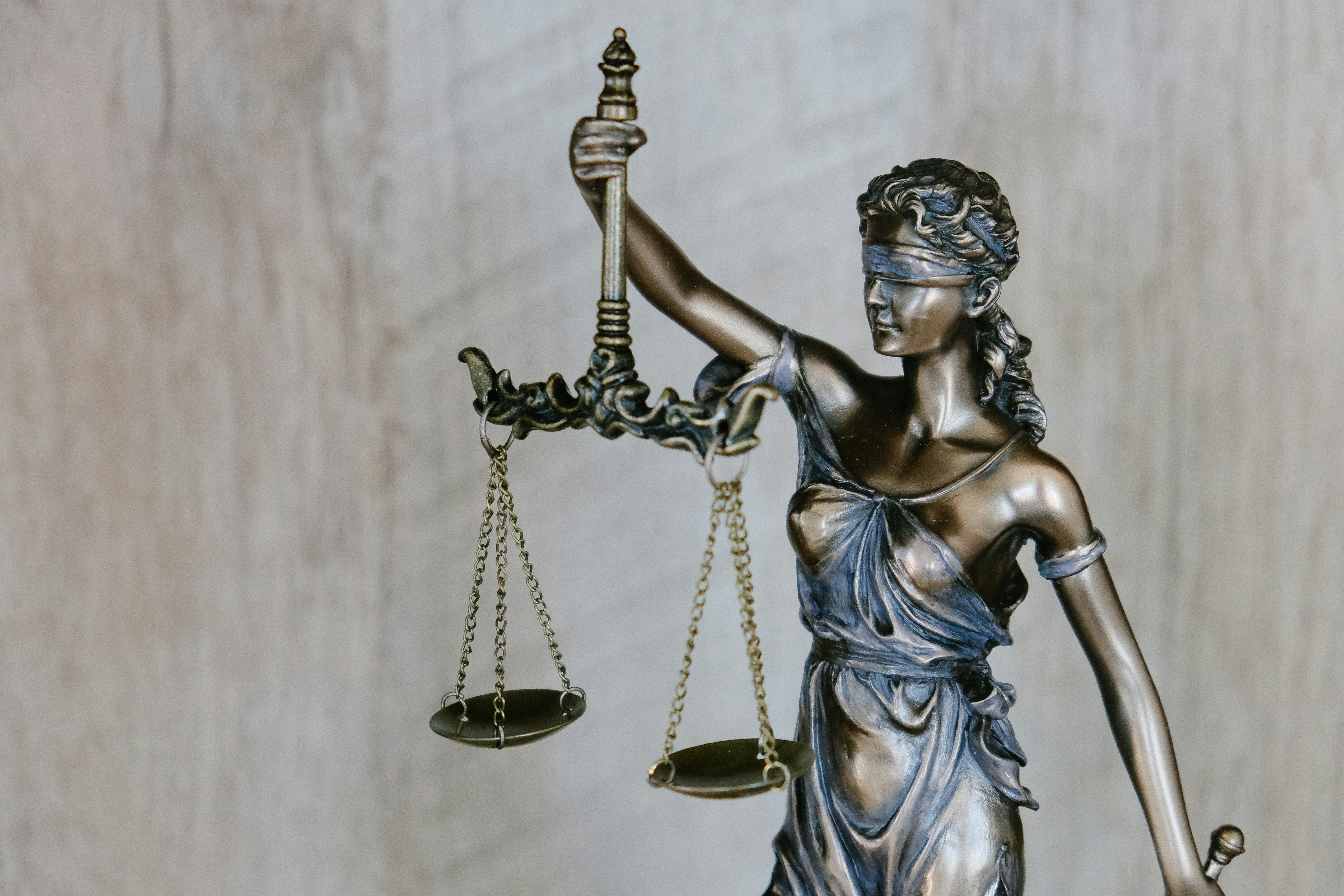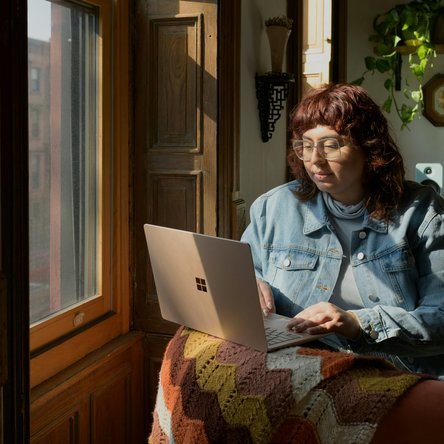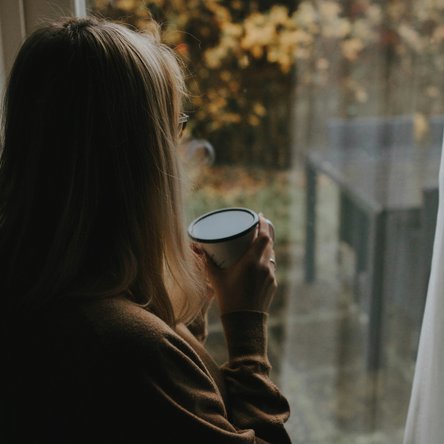Update - January 2026
At the end of September 2025 (Q3) there were 79,619 total cases outstanding (awaiting trial) in the Crown Court – a 26% increase in three years, and since the finalisation of Breaking Point.
Of these 79,619 cases:
- 14,180 are sexual offence cases – a 77% increase since Q3 2022
- 4,455 are adult rape cases – a 136% increase in three years
- 1,874 are child rape cases – a 54% increase since Q3 2022.
What problems are survivors facing?
The number of sexual offence cases waiting to go to court right now is 13,238 - 66% higher compared to the number waiting at the same time in 2022 .
Here's how this impacts survivors.
The backlog means that one in three rape trials end up being postponed at least once. Some survivors face more than six trial postponements.
The average time a survivor will wait before their trial is heard in court is 499 days (compared to 284 for other crimes) - but for many, this wait will be much longer.
And every single delay can have a catastrophic impact. Many survivors find they become re-traumatised. Some will withdraw from the justice process completely. Others have even attempted to end their life as a result.
Matilda, survivor of sexual violence.“The longer I waited for my trial meant that there was an increased risk of running into my abuser while I was out in my community, which happened in the summer.” - Matilda, survivor of sexual violence.

How did our criminal justice system become this way?
To fix this problem, we need to understand how the system became so broken.
There are five key reasons the backlogs have become so severe.
- Years of overworking and poor working conditions has led to shortages of barristers
- A lack of judges for the same reasons above
- Poor court scheduling methods known as listing practices which see the listing of sexual offence trials as ‘floaters’ (not assigned a specific court room or date)
- Idle courts, where courtrooms go unused
- Ineffective and inefficient trials
"As one survivor of rape and sexual violence shared, “With each trial date delay, my sense of worth was decimated. Was my trauma not ‘bad enough’? Maybe if he’d killed me, as I felt he would – then would the trial go ahead? There were no answers, and I was completely isolated.” Survivor
What can we do to fix things?
We cannot hope to reduce violence and abuse against women and girls unless our justice system is fit for purpose.
To restore our criminal justice system, we need to see serious investment in the Crown Court system overall and long-term financial support for specialised sexual abuse services.
But until then, we believe there are serious flaws within the criminal justice system which can be easily fixed to improve the experience of survivors.
We're calling for an end to the practice of 'floating trials' which is a primary cause of huge delays.
How to email your MP
Letting your MP know you want to see change is one of the most effective actions you can take – and it only takes two minutes with our template.
Survivors deserve dignity and respect and to know when they will have their day in court.
Anyone who is the target of crime will feel the impact of court delays, but the consequences of the backlogs is particularly severe for survivors of sexual abuse and their families.
Help change the criminal justice system. Join our campaign #LivingInLimbo
Breaking Point
In 2023, we released a report on the re-traumatisation of rape and sexual abuse survivors in the Crown Court's backlog of cases – Breaking Point.
Since the release of this report, the situation has deteriorated even further, with cases now at record levels. On 25 September 2025, the number of sexual offences waiting to go to the Crown Court stood at 13,238 – yet another all-time high.
This is a 40% increase in two years.
The number of adult rape cases waiting to go to court stands at 4,086, which is 70% higher than two years ago. The result? Adult rape survivors are now waiting an average of 417 days between an offender being charged and the case being completed in the Crown Court – but we know many survivors will wait much longer.
Our campaign for justice continues with Living in Limbo.


